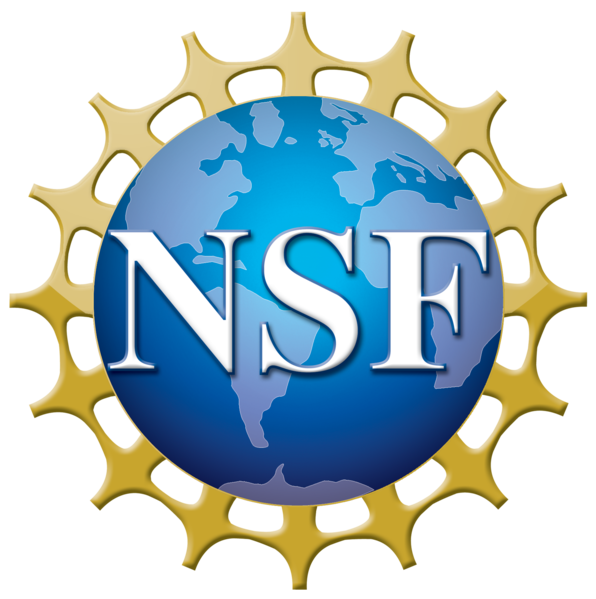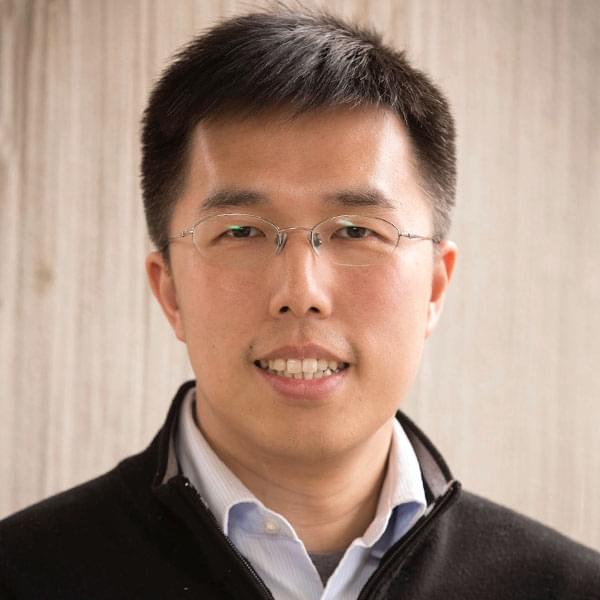arXiv 2410.03906v1
Efficient self-consistent learning of gate set Pauli noise
Senrui Chen, Zhihan Zhang, Liang Jiang, Steven T. Flammia
- quant-ph
- math-ph
- math.MP
Understanding quantum noise is an essential step towards building practical quantum information processing systems. Pauli noise is a useful model that has been widely applied in quantum benchmarking, error mitigation, and error correction. Despite intensive study, most existing works focus on learning Pauli noise channels associated with some specific gates rather than treating the gate set as a whole. A learning algorithm that is self-consistent, complete, and efficient at the same time is yet to be established. In this work, we study the task of gate set Pauli noise learning, where a set of quantum gates, state preparation, and measurements all suffer from unknown Pauli noise channels with a customized noise ansatz. Using tools from algebraic graph theory, we analytically characterize the self-consistently learnable degrees of freedom for Pauli noise models with arbitrary linear ansatz, and design experiments to efficiently learn all the learnable information. Specifically, we show that all learnable information about the gate noise can be learned to relative precision, under mild assumptions on the noise ansatz. We then demonstrate the flexibility of our theory by applying it to concrete physically motivated ansatzs (such as spatially local or quasi-local noise) and experimentally relevant gate sets (such as parallel CZ gates). These results not only enhance the theoretical understanding of quantum noise learning, but also provide a feasible recipe for characterizing existing and near-future quantum information processing devices.


